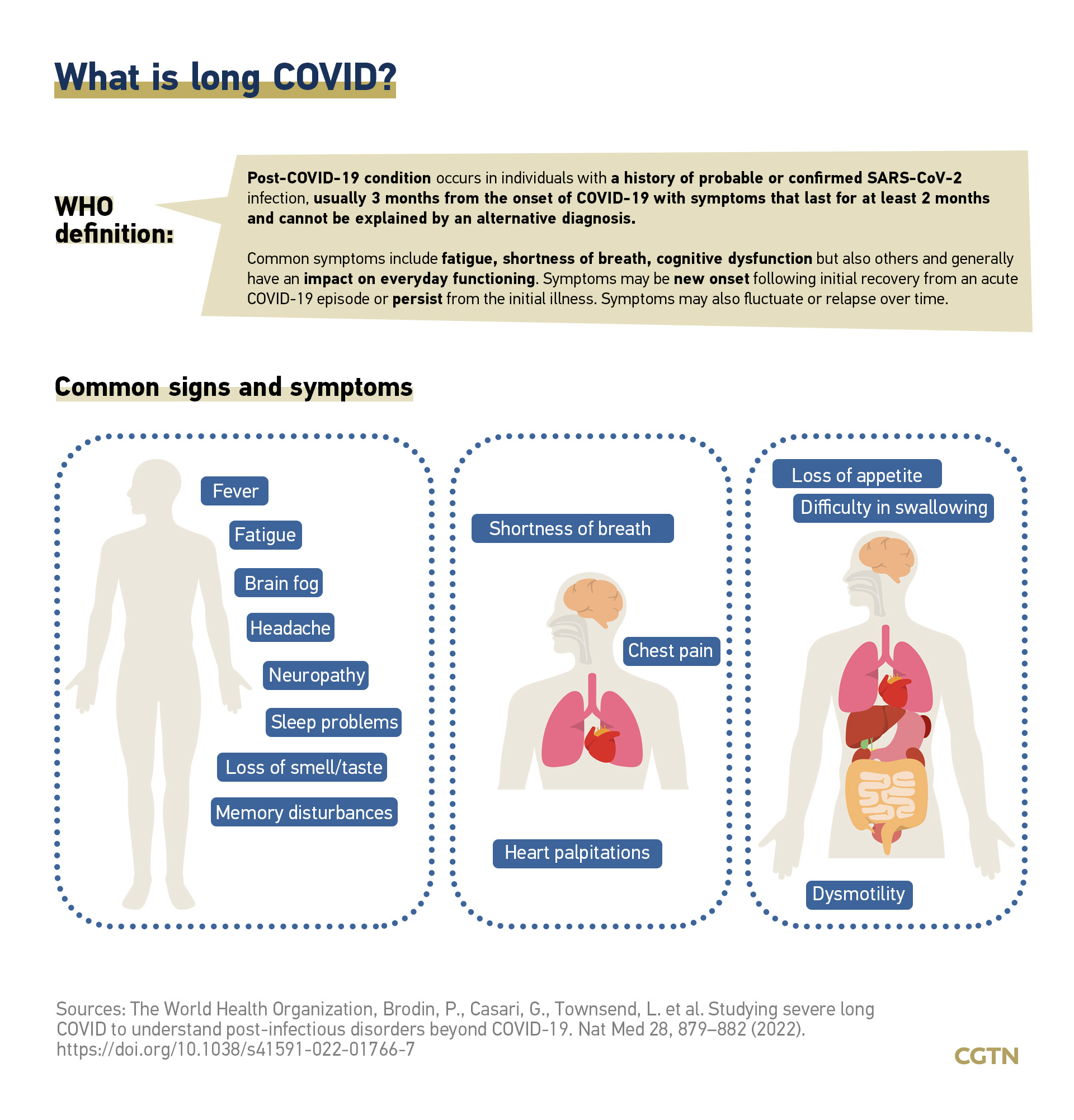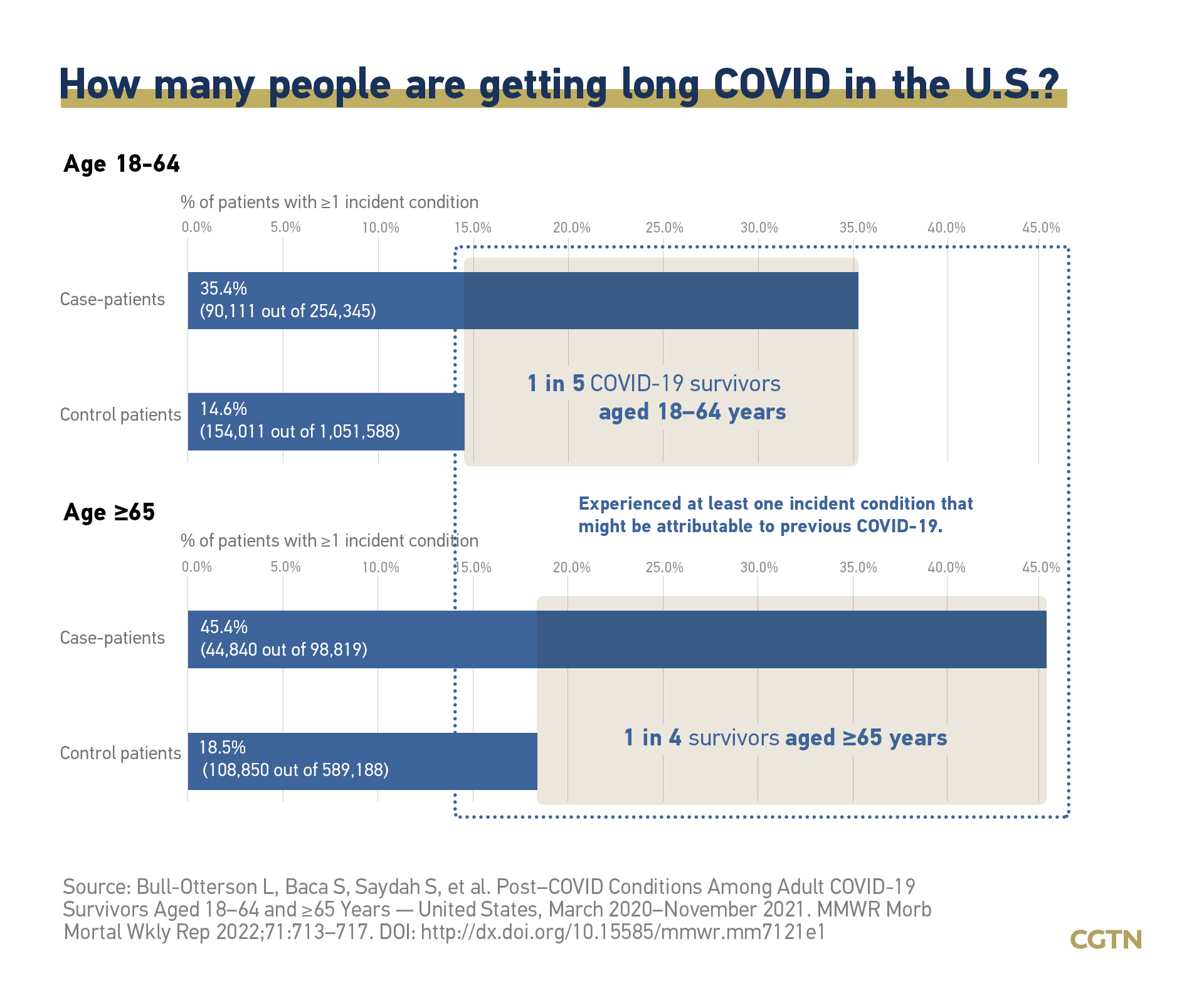As more people are exposed to and infected by SARS-CoV-2, reports of patients developing post-COVID condition in the U.S. have increased. Post COVID-19 condition or long COVID will impact the lives of infected individuals for months or years to come.
Despite a lack of a widely accepted clinical definition for the post COVID-19 condition, the World Health Organization (WHO) has developed a definition using a Delphi consensus methodology.
"Post COVID-19 condition occurs in individuals with a history of probable or confirmed SARS CoV-2 infection, usually 3 months from the onset of COVID-19 with symptoms and that last for at least 2 months and cannot be explained by an alternative diagnosis," said the WHO.

The individual should have symptoms for a minimum of two months to meet the WHO definition of post COVID-19 condition. Symptoms include fatigue, shortness of breath, cognitive dysfunction and others, and generally have an impact on everyday functioning. They also follow a relapsing-remitting pattern, with recurrent spikes of fever as a common component.
Long COVID symptoms are variable among people due to factors such as sex, age, severity of initial COVID-19 illness, immune response to initial infection, not being fully vaccinated against COVID-19, the SARS-CoV-2 variant that caused the initial infection, and preexisting health conditions.
There's a range of severity for post COVID-19 condition, as large studies indicate that long COVID occurs in 20-30 percent of patients in the U.S., according to the U.S. Centers for Disease Control and Prevention (CDC).

"One in five COVID-19 survivors aged 18-64 years and one in four survivors aged≥65 years experienced at least one incident condition that might be attributable to previous COVID-19," said the CDC.
A proportion of patients require expanded follow-up care after the initial infection, which can affect patients' economic well-being and ability to contribute to the workforce, according to the CDC.
Scientists don't know for sure what causes post COVID-19 condition, but the U.S. National Institutes of Health (NIH) said it may be caused by various mechanisms.
According to NIH, there are some clues:
• SARS-CoV-2 particles may become active again, causing symptoms to reappear.
• Overactive immune cells may release high levels of inflammatory substances that can injure organs and tissues.
• The infection may cause the immune system to start making autoantibodies that attack a person's own organs and tissues.

